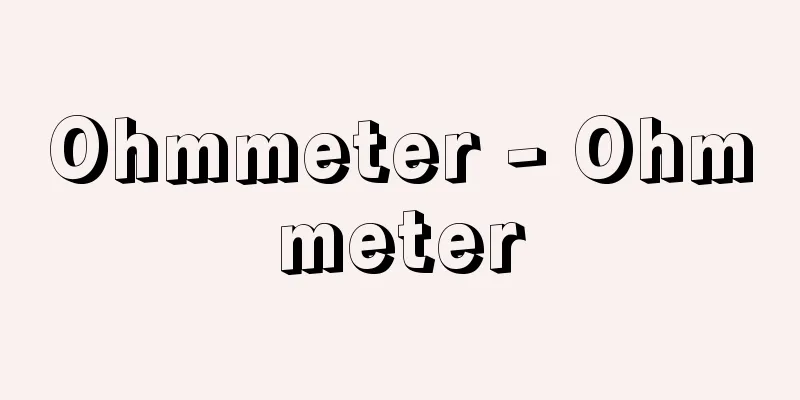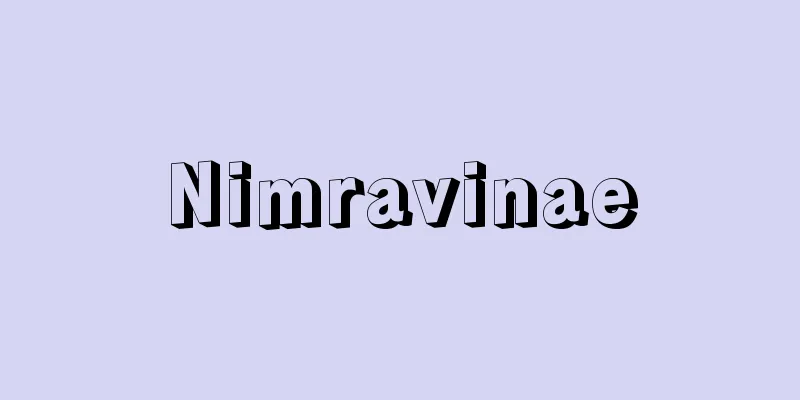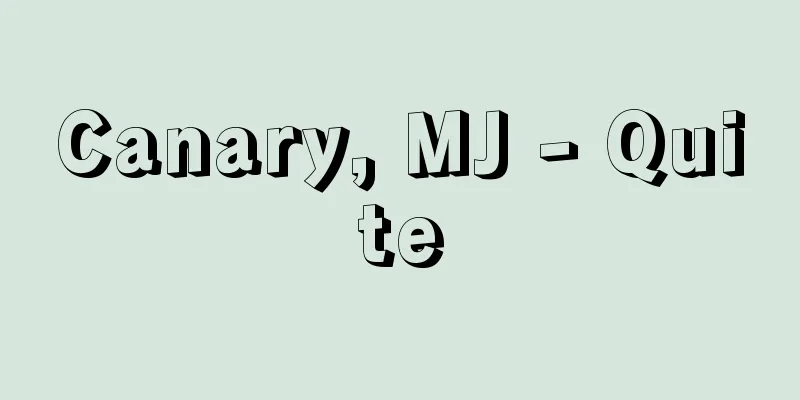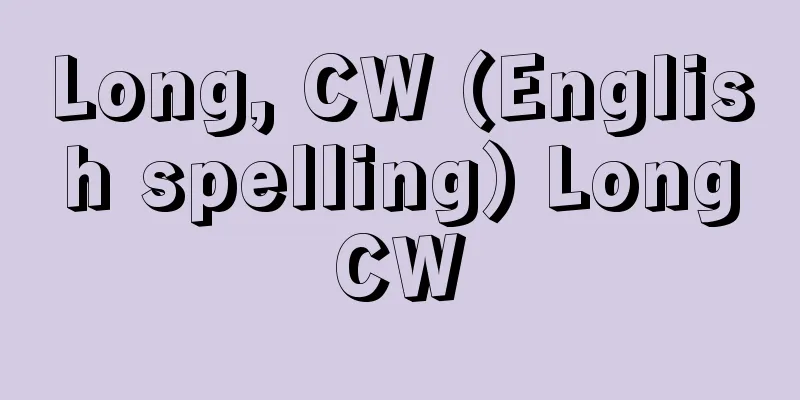Cousin, Victor
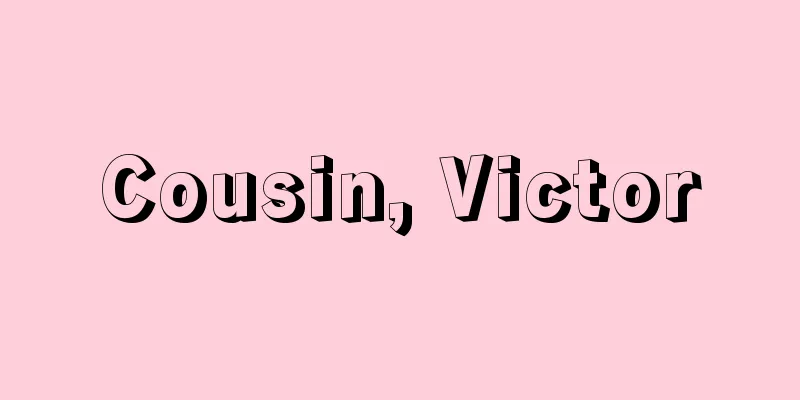
|
Born: November 28, 1792 in Paris [Died] January 13, 1867. Cannes. French philosopher. In 1815 he lectured on the history of philosophy at the Sorbonne as assistant to Royer Collard. In 1820 he was expelled from the Sorbonne for anti-government activities, and in 1824 he was arrested in Dresden and imprisoned for six months. In 1828 he returned to the university, lectured on the history of philosophy and achieved unprecedented popularity. In 1830 he was given many important positions after the July Revolution. In 1831 he visited Germany and wrote a famous report on the education system, which culminated in F. Guizot's groundbreaking reform of primary education in 1833, and in 1840 he became Minister of Education. With the rise of Napoleon III he retired in 1848 to devote himself to writing and research. He was the first person to lecture on the history of philosophy at a French university, and his lectures include "Lectures on the History of Philosophy" (3 volumes, 1829), "Lectures on the History of Modern Philosophy" (5 volumes, 41-46), and "Cours d'histoire de la philosophie morale au XVIII e siècle" (4 volumes, 39-42). His philosophy is idealistic metaphysics, dividing consciousness into three parts: intellect, emotion, and will, and corresponding each part with the question of truth, beauty, and goodness, but he claims that the three are not independent but identical. Art is what concretely represents this unity, and poetry, the highest art, is a synthesis of all human abilities. This is the core of the idea behind his major work, "On Truth, Goodness, and Beauty" (Du vrai, du beau et du bien) (36). Cousin |
|
[生]1792.11.28. パリ [没]1867.1.13. カンヌ フランスの哲学者。 1815年ロワイエ・コラールの助手としてソルボンヌ大学で哲学史を講じる。 20年反政府活動のかどでソルボンヌを追われ,24年ドレスデンで捕えられ半年の牢獄生活をおくる。 28年大学に復帰,哲学史を講じて空前の人気を博する。 30年の七月革命によって多くの要職が与えられる。 31年ドイツを視察して教育制度に関する有名な報告を書き,それは 33年の F.ギゾーの画期的な初等教育の改革に結実し,40年には教育相となった。やがてナポレオン3世の登場とともに 48年引退して著作と研究に専念した。彼はフランスの大学で初めて哲学史を講じた人であり,その講義録には『哲学史講義』 Cours d'histoire de la philosophie (3巻,1829) ,『近世哲学史講義』 Cours d'histoire de la philosophie moderne (5巻,41~46) ,"Cours d'histoire de la philosophie morale au XVIIIe siècle" (4巻,39~42) などがある。彼の哲学は唯心論的形而上学で,意識を知情意に3分し,それぞれに真美善の問題を対応させるが,3者は独立したものではなく同一であるとする。この統一性を具体的に提示するのが芸術であり,最高の芸術たる詩は人間の全能力の総合である。これが主著『真・善・美について』 Du vrai,du beau et du bien (36) の思想の中核である。 クーザン
|
<<: Xanthippos (English spelling)
Recommend
Ootsuchi [town] - Ootsuchi
A town in Kamihei County in eastern Iwate Prefectu...
Syrup - syrup (English spelling)
A general term for thick, sweet liquids. It is ma...
Surfactant solution
...physical properties that tend to differ from t...
Shaykh al-Ishrāq (English spelling)
…He was born in Suhrawardy, Iran, and died in Ale...
cabbage white
...The larvae are well known as a major pest of c...
Rima
…A line is usually eleven or seven syllables long...
Imperial Guard - Kougu Keisatsu
A police organization in charge of guarding the E...
Jian'an literature (English: Jian'an literature)
Jian'an is the era name of Emperor Xian, the l...
Lost Horizon (film)
…He also demonstrated his talent as a storyteller...
Cerrado - Cerrado (English spelling)
Vegetation found in the savanna climate region of...
Ausonius, Decimus Magnus
[Raw] 310 approx. Bordeaux [Died] c. 393 A poet fr...
《Okurigana Taigai》 - Okurigana Taigai
...Nakane Yoshitaka included the "rules for ...
Ring opening polymerization
This is a reaction in which both the ring-opening...
Papal States - Stato pontificio
The territory ruled by the Pope as sovereign. It o...
Complaint - Lie
Also written as "goso", this was a movem...

